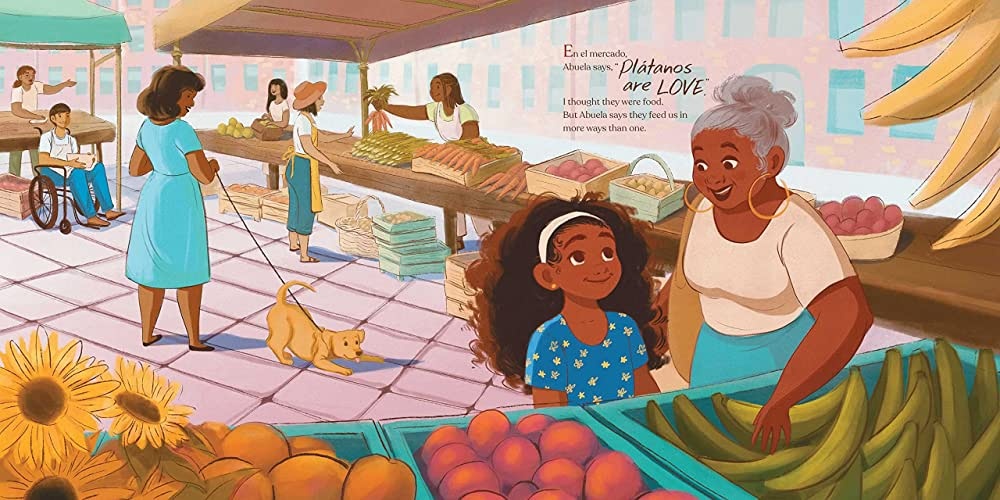Books are an opportunity to celebrate cultures, share traditions, and travel around the world! They are also an avenue to learn a new language, share your favorite recipes, and become familiar with new animals native to different countries. Listening to the stories and why they are being told reflects the necessity to tell our own stories. Representation matters!
June is Immigrant Heritage Month. Did you know that Philadelphia has around 100 languages that coexist within the city? This is really amazing! Can you imagine the great opportunity we all have to open our cultural horizons and immerse ourselves in cross-cultural environments that promote equality, diversity, and inclusion — just by visiting different Philly neighborhoods?
For Immigrant Heritage Month, I’ll be sharing two of my favorite stories to read with family and friends:
The Coquíes Still Sing: A Story of Home, Hope, and Rebuilding by Karina Nicole González; illustrated by Krystal Quiles
Both author and illustrator of this bilingual Spanish/English picture book were the winners of the 2023 Pura Bélpre Honor Award. This narrative tells the story of hope, resilience, and solidarity of a family that survived the passage of Hurricane María in Puerto Rico and the devastating ecological consequences of this catastrophic storm that occurred in 2017.
Elena, the protagonist of the story, takes us on the sad accounting journey of a category-four hurricane that destroyed not only the homes of the inhabitants but also the flora and fauna of the island. Some questions emerged during this narration: How can people rebuild their homes and communities after the passing of a hurricane? What are the consequences of forced migration? What is environmental activism and how can we all help? Also, the author wanted to reflect that sadness, and vulnerability emerges regardless of age.
After Hurricane María, no one would hear the distinct sound of the coquí. People thought that this little frog (1–2 inches in size) disappeared forever; but after many months, the resounding sing of the coquí was heard on the island one more time.
Plátanos Are Love by Alyssa Reynoso-Morris; illustrated by Mariyah Rahman
In this Spanglish story, the Dominican-Puerto Rican author shares the wonderful memories of cooking and learning recetas de plátanos (plantain recipes) with her grandmother in the kitchen when she was little, along with her younger sister. Stories and love are the most important ingredients in the kitchen when the family prepares a dish to enjoy. How many of us remember a recipe that was shared orally when we were little and passed along from one generation to another one?
Abuela (grandmother) shares with her granddaughter Esme the secret of family recipes in the mercado (market) and in the cocina (kitchen). Abuela teaches not only how to peel, chop, fry, and prepare tostones, maduros, and mangú, she also teaches the history of how their ancestors brought the plantains. Esme listens carefully and takes notes for a future family recipe cookbook. She also shares with her little sister the importance of these family food lessons.
This June, in celebration of Immigrant Heritage Month, author Alyssa Reynoso-Morris will be reading Plátanos Are Love at the Parkway Central Library. The event will take place on Thursday, June 15 at 3:30 p.m. at the Culinary Literacy Center. Tostones, maduros, and mangú will be served by Chef Genevieve Guastella, along with fun activities and a book reading and signing by the author. The first 30 families will also receive a complimentary copy of the book!
We hope to see you soon! ¡Nos vemos pronto! Happy family reading!
Have a question for Free Library staff? Please submit it to our Ask a Librarian page and receive a response within two business days.



